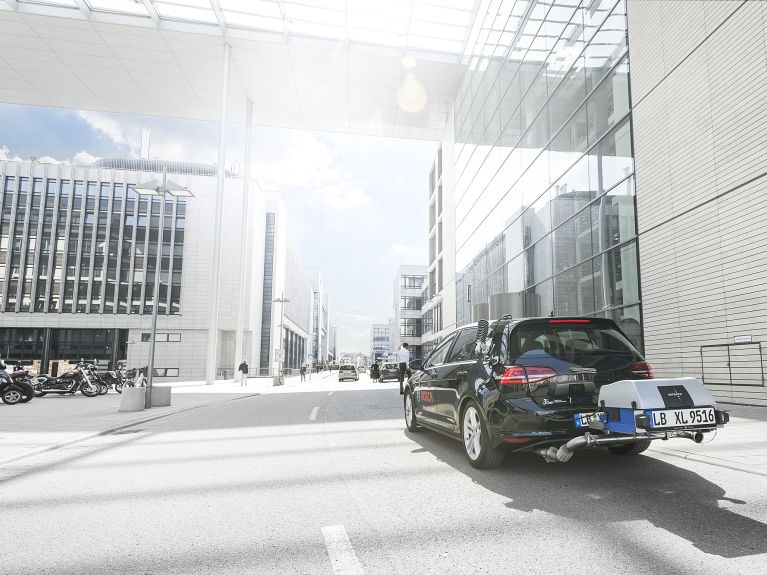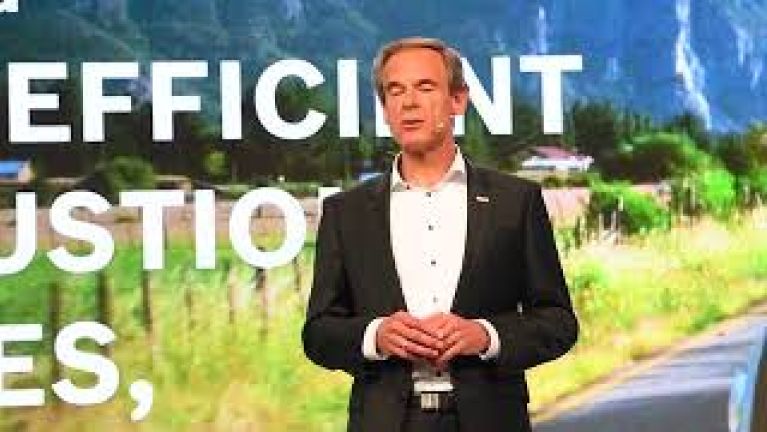Has the diesel problem been solved?
The German engineering and electronics company Bosch presents pioneering technology.

Germany. “There is a future for diesel. Today, we want to put a stop once and for all to the debate about the demise of diesel technology.” It was with these words that Bosch CEO Dr. Volkmar Denner, speaking at the annual press conference, announced a decisive breakthrough in diesel technology. New developments from Bosch could enable vehicle manufacturers to reduce emissions of nitrogen oxides so drastically that they already comply with future limits. Even in real driving emissions (RDE) testing, nitrogen oxide emissions from vehicles equipped with the new diesel technology are significantly below both current limits and those scheduled to come into force from 2020. The clever thing about it: Bosch engineers refined existing technologies. There is no need for additional components, which would drive up costs. “We are pushing the boundaries of what is technically feasible. Equipped with the latest Bosch technology, diesel vehicles will be classed as low-emission and yet remain affordable,” Denner said.
Dieses YouTube-Video kann in einem neuen Tab abgespielt werden
YouTube öffnenThird party content
We use YouTube to embed content that may collect data about your activity. Please review the details and accept the service to see this content.
Open consent formRecord readings: 13 milligrams of nitrogen oxide per kilometre under real driving conditions
Since 2017, European legislation has required that new passenger car models tested according to an RDE-compliant mix of urban, extra-urban, and motorway cycles emit no more than 168 milligrams of nitrogen oxide per kilometre, and from 2020 no more than 120 milligrams. Even today, vehicles equipped with Bosch diesel technology can achieve as little as 13 milligrams of nitrogen oxide in standard legally compliant RDE cycles. That is approximately one-tenth of the prescribed limit that will apply after 2020. A combination of advanced fuel-injection technology, a newly developed air management system, and intelligent temperature management have made such low readings possible. Bosch delivered proof of this innovative advance at a major press event. Dozens of international journalists had the opportunity to drive test vehicles equipped with mobile measuring equipment in Stuttgart traffic, under especially challenging conditions. As the measures to reduce nitrogen oxide do not significantly impact consumption, the diesel retains its comparative advantage in terms of fuel economy, CO2 emissions, and therefore climate-friendliness. The new Bosch diesel system is based on components already available on the market. It is available to clients now and can be used in serial production.
Source: Bosch

